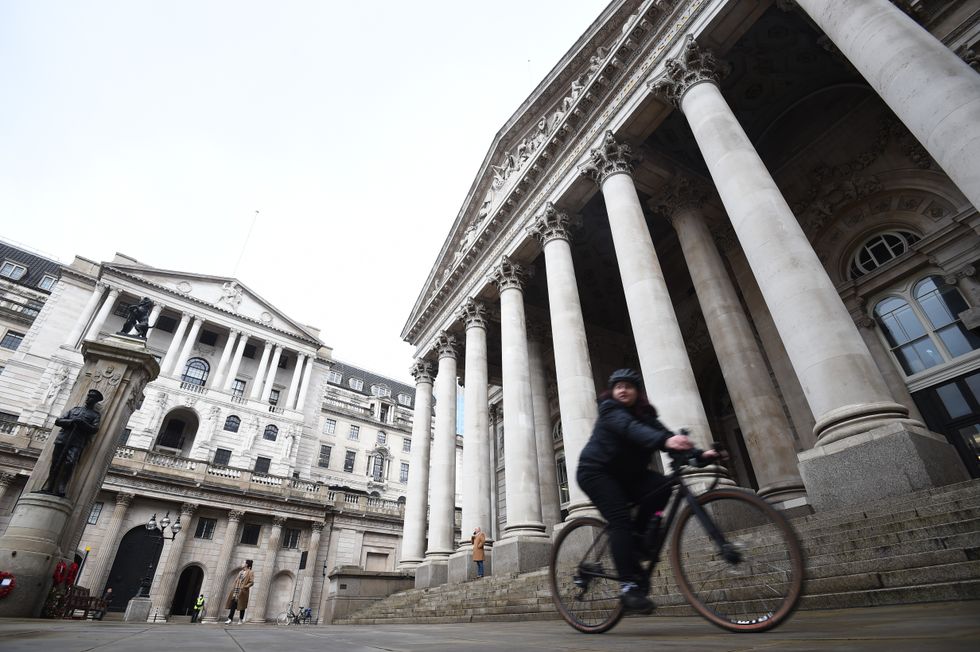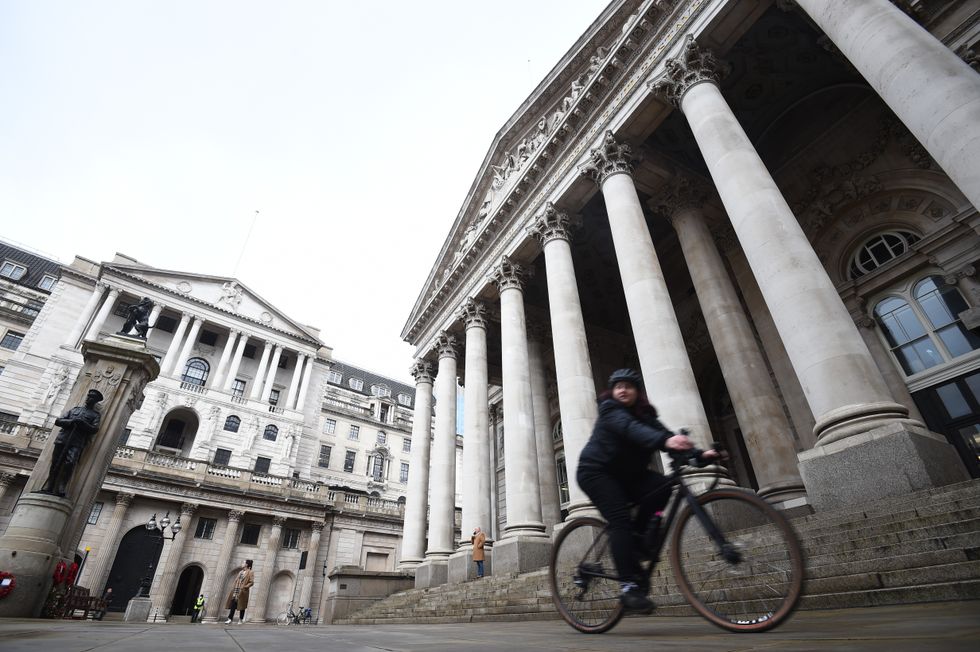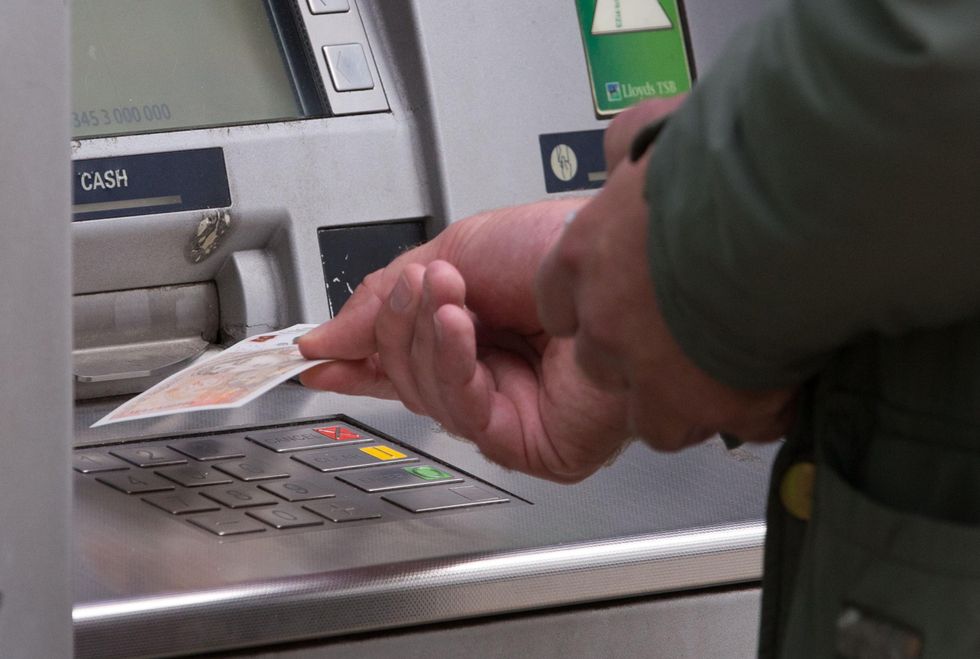End of cash fears soar as Bank of England plans digital currency for UK

A wallet with both cash and bank cards
Eleven countries have already launched digital currencies, including Jamaica and Nigeria
Don't Miss
Most Read
Trending on GB News
The Bank of England has unveiled plans to explore creating a central bank digital currency in response to the rise of cryptocurrencies.
The innovation, which is often referred to as either “digital sterling” or “Britcoin”, would be used for day-to-day spending in-store and online.
The Bank of England would likely initially limit individual spending but transactions would not be subject to an interest rate.
However, there are question marks about how further digitisation could impact cash users.
 The Bank of EnglandPA
The Bank of EnglandPAThe Bank of England’s central bank digital currency head Tom Mutton told Bloomberg: “Cash will continue to be available for as long as people want to use it.”
There was no clear indication about what Mutton meant by level of use, either in terms of people or transactions, and at what point the Bank would consider binning cash.
He also appeared to suggest a digital currency was akin to cash and stressed digital currency users would have more privacy than many expect.
Mutton claimed: “90-plus per cent of the money we use for payments today is electronic.
LATEST DEVELOPMENTS:“All electronic money creates a data footprint and it’s really a choice of who do you want to have that data and how do you want them to protect it.
“The really crucial thing is there will be no personal data shared with the Bank of England or the Government - we will know what transactions have happened but will have no idea what person did them.”
However, other people have warned it would still infringe on users' freedoms by leaving a currency footprint.
The use of cash has dropped since Britons have had access to cards and contactless payment methods.

The Bank of England is looking into whether it should launch a digital currency
PABut a large number of people remain reliant on cash and would struggle if notes became increasingly sparse.
Around 5.4 million adults still rely on cash in the UK.
UK Finance revealed cash accounted for 15 per cent of payments in 2021.
An estimated 73 per cent of consumers also claimed to use cash in January 2022, LINK’s research has shown.
Nationwide even suggested cash is making a post-Covid comeback, with a 19 per cent increase in withdrawals from the building society’s ATMs last year compared to 2021.

A person withdrawing money from an ATM
PA
The Bank of England reaffirmed its commitment to keep cash on its website post about digital currencies.
It said: “If we introduced the digital pound it would not replace cash.
“Instead, we would like it to work alongside each other as we know that people like to have the option to use both.”








